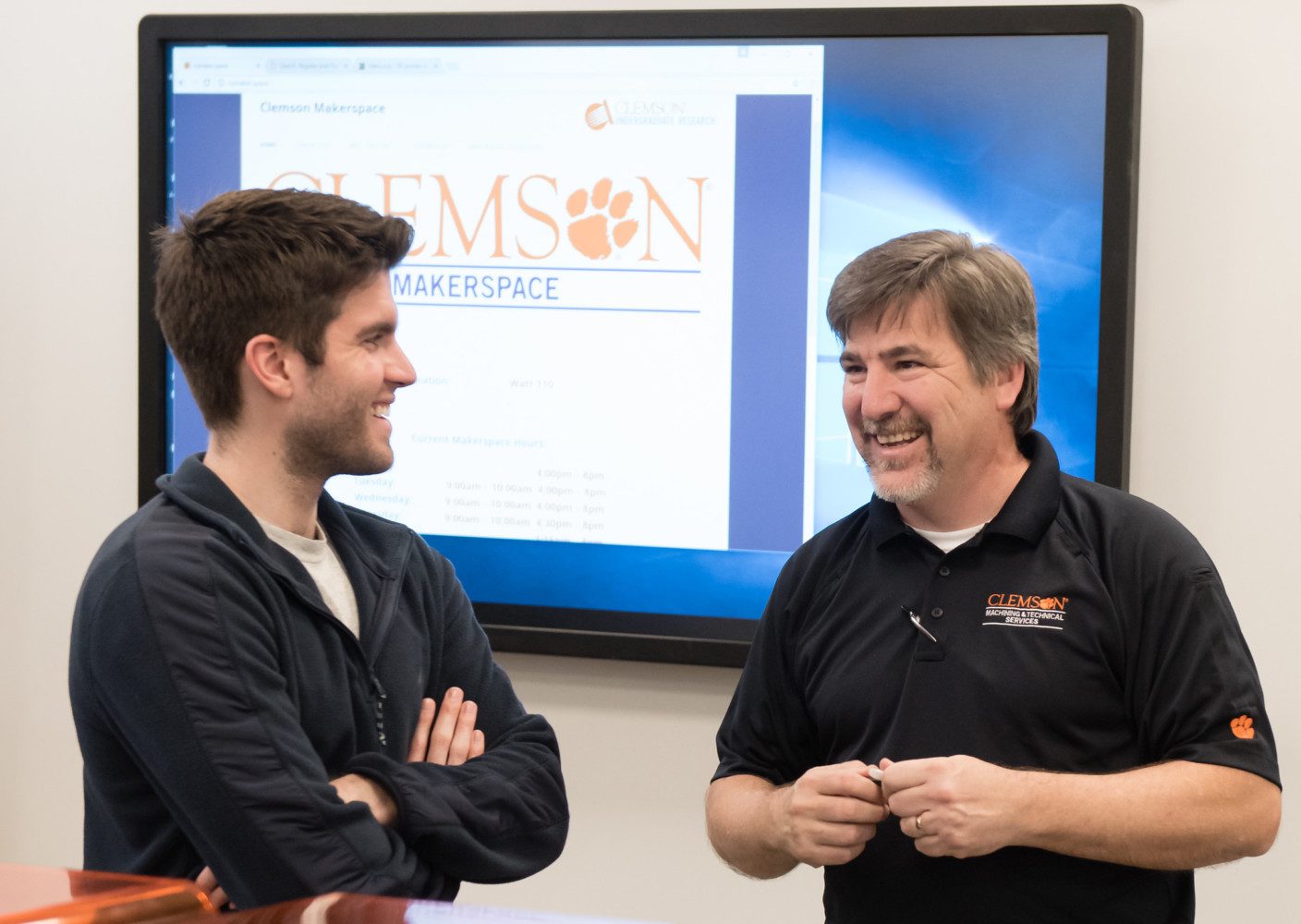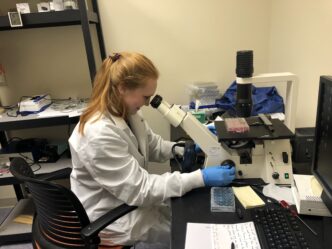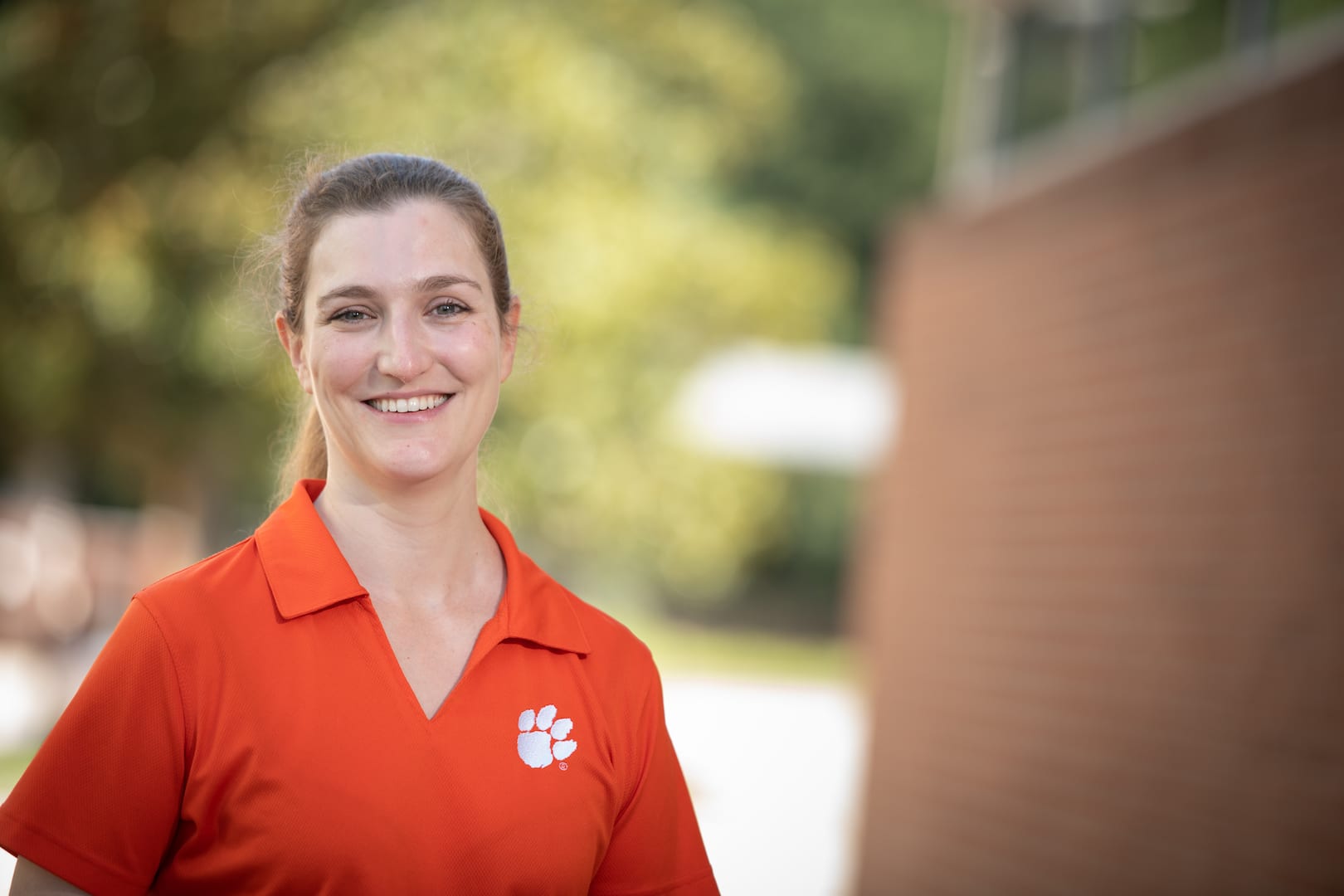“All I did was hit ‘print.’” That’s the way Tim Pruett describes his involvement in producing a 3D ventilator expander prototype. Pruett’s modest, self-effacing personality masks an artist who is deft at manipulating the HP Jet Fusion 3D printer. He recently provided potentially life-saving proof of concept prototypes to one of Clemson University’s upstate healthcare partners.
As the COVID-19 virus began to grow into a worldwide pandemic, concerns arose related to medical supply shortages in the nation’s ventilator and personal protective equipment inventories. Healthcare suppliers and providers began to look for solutions to address these concerns. Clemson’s healthcare partner and its team of collaborators designed such a solution, but they lacked the in-house capability to quickly produce protoypes for assessment of the design.

Pruett has a knack for determining the unique design parameters of a piece and then expertly choosing materials and taking advantage of the printer’s capabilities to produce a workable, reproducible prototype.
The 23-year veteran lab technologist in the Clemson University Machining and Technical Services group was asked to produce a 3D expansion prototype that can support up to four patients when there are not enough ventilators to go around.
“I received the CAD files on Thursday, March 19, and turned the first version around pretty quickly,” Pruett said. “Of course there were multiple refinements over the weekend and we printed several copies of two different designs and delivered them on Tuesday, March 24.”
The prototype was tested with medical manikins, and it met the appropriate breathing requirements without difficulty.
Since then Pruett has printed prototypes of the N95 masks used by health providers on the frontline and testing swabs, two more items that are in short supply.
Although his prototypes are not used on actual patients, he plays a key role in translational research, helping move a product from concept to the bedside.
“I enjoy what I do,” says Pruett. “But to think that I might have played a part in saving someone’s life makes it especially rewarding.”
Daniel Noneaker, associate dean for research in Clemson University’s College of Engineering, Computing and Applied Sciences, thanked Pruett for his service.
“As an R1 research university, we have faculty making advances in multiple engineering disciplines,” Noneaker said. “Frequently, their success is made possible by outstanding technical staff like Tim. We are very proud of his efforts.”







